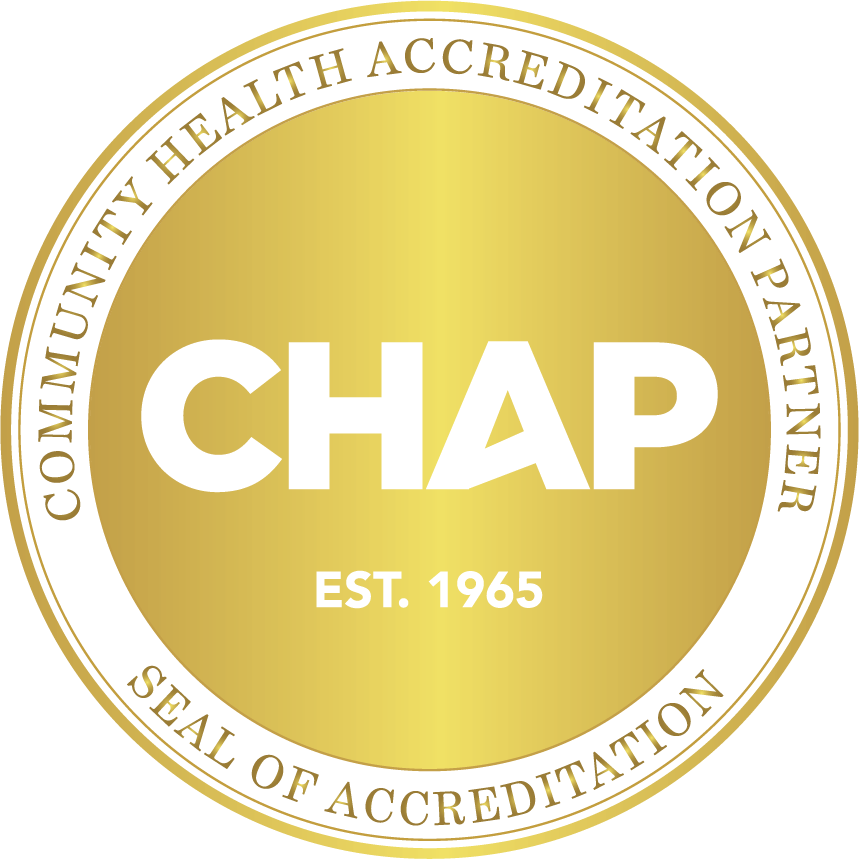Things to Know About Skilled Nursing Services
Skilled nursing services refer to a high level of medical care provided by licensed health professionals, including registered nurses (RNs), licensed practical nurses (LPNs), and physical, occupational, or speech therapists. These services are typically required for individuals recovering from surgery, injury, or illness, or for those managing chronic medical conditions. Professional Healthcare Resources provides the same in Washington D.C., Arlington, Annandale, Baltimore, Kensington MD, Lanham and surrounding areas.
- Skilled nursing care is often delivered in a facility known as a skilled nursing facility (SNF), but it can also be provided at home through home health agencies. The care is tailored to the individual’s medical needs and may include wound care, intravenous (IV) therapy, injections, catheter care, pain management, medication administration, and rehabilitation therapies.
- Unlike custodial care, which assists with daily living activities such as bathing or dressing, skilled nursing care requires the expertise of licensed professionals. It is usually temporary and focused on recovery or stabilization.
- Skilled nursing services must be prescribed by a doctor and are often covered by Medicare, Medicaid, and many private insurance plans—provided certain conditions are met. For instance, Medicare coverage requires a qualifying hospital stay and that the patient needs daily skilled care.
- Choosing a skilled nursing provider involves evaluating staff qualifications, cleanliness, patient satisfaction, inspection reports, and the range of services offered. Facilities should be licensed and accredited, and it’s important to ask about nurse-to-patient ratios and availability of therapy services.
- Skilled nursing care plays a crucial role in patient recovery and helps reduce hospital readmissions. It is an essential part of the healthcare continuum, especially for seniors or those with complex medical needs.
- Understanding what skilled nursing services entail helps patients and families make informed decisions about care options during critical health transitions.
Call us anytime if you need more information.

